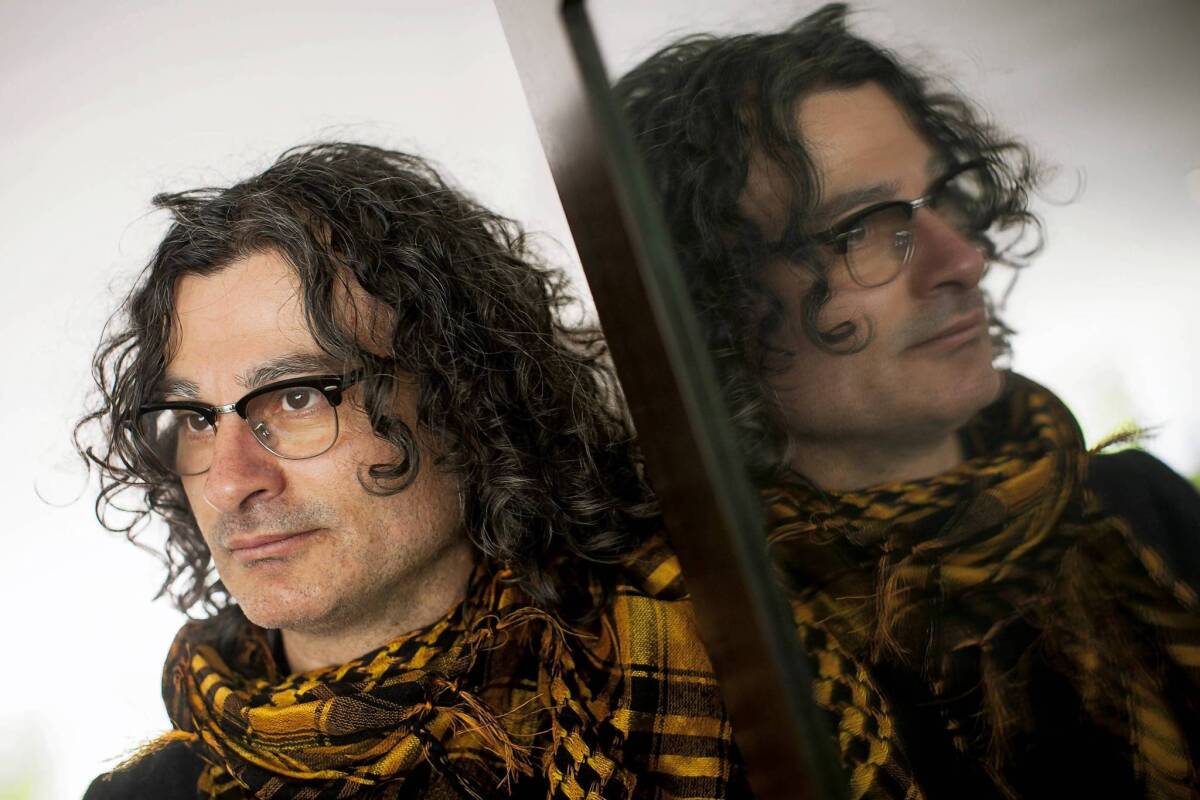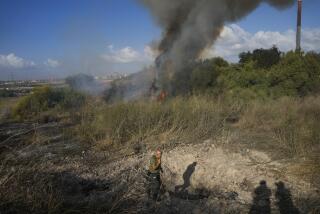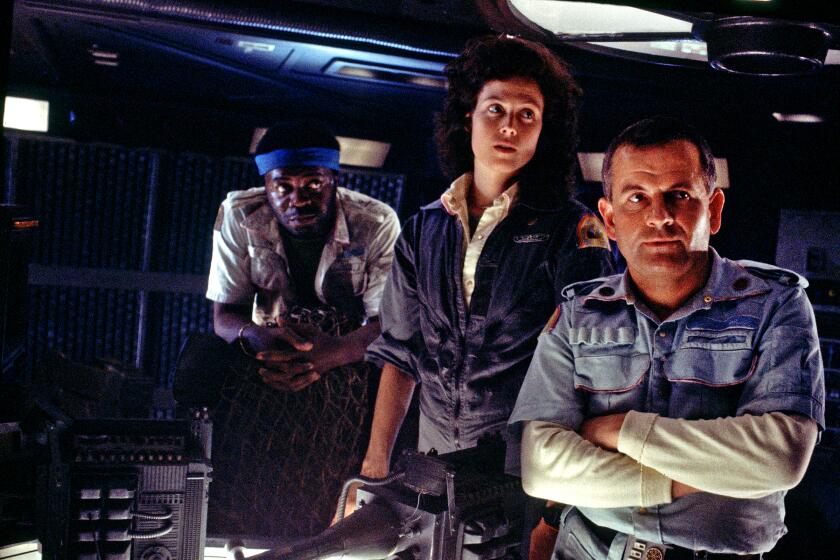Ziad Doueiri’s film ‘The Attack’ encounters opposition

Filmmaker Ziad Doueiri wanted “The Attack” to start a conversation. But that assumed people could see his Middle Eastern terrorism tale.
“We knew when we were writing the script that the film was certainly going to provoke debate, but we didn’t write it just to provoke debate,” said Doueiri, whose film is loosely adapted from Yasmina Khadra’s novel of the same name. “I thought art was the one way we could all communicate. I guess I was naive.”
By shooting part of the movie in and around Tel Aviv, the director was told he violated a decades-old rule prohibiting citizens of Lebanon, where Doueiri was born, from working in Israel.
Citing that transgression, the League of Arab States asked all of its 22 member nations to boycott the film, which opens in Los Angeles on Friday.
Separately, two of Doueiri’s investors — one in Qatar, the other from Egypt — pulled their names off the $1.5-million production soon after they saw it. The film is being distributed in the United States by the Cohen Media Group.
But Doueiri said his shooting in Israel isn’t really why the film is being banned and disowned — it’s because “The Attack” doesn’t demonize Jews.
“I’ve somehow committed a breach by showing the Israelis in a sympathetic way,” said the filmmaker, who has worked as a camera assistant on several Quentin Tarantino films, directed the feature “West Beirut” in 1998, and recently visited Los Angeles from his home in Paris. “They think that by being neutral you are actually showing an Israeli point of view.”
“The Attack” is set to open in Israel in July. “I am so curious to see the Israeli reaction,” Doueiri said.
The film opens in a Tel Aviv hospital, where an Arab Israeli emergency room physician named Amin (Ali Suliman) is treating the victims of a suicide bombing. It is promptly revealed that his wife, Siham (Reymond Amsalem), has been killed in the attack, and may have been the perpetrator rather than an innocent victim.
Unsure if his wife has led a double life, Amin tries to figure how — and where — she might have been radicalized. He travels to the Palestinian territories, where he visits Jenin in the West Bank (a site where Palestinians say the Israeli Defense Forces massacred hundreds of civilians) and meets two religious leaders who had close ties to Siham, who has become a martyr.
“For a lot of Arabs it’s inconceivable to show the other perspective,” said Doueiri, who co-wrote the script with his wife, Joelle Touma, and departed from the novel’s bleaker ending. “They expect a film from the region to be extremely demonizing of Israel. And I didn’t do that.”
He said he had difficulty casting some of the roles, because Palestinian actors didn’t want to be involved in the production. Amsalem is a Jewish actress who studied Arabic to play the doctor’s wife.
Born in Beirut, the 49-year-old Doueiri was raised during Lebanon’s civil war in a secular household by left-wing parents, and “grew up hating Jews and Israel.” He said his sworn enemy was the Christian militia, which had aligned itself with Israel. “I was willing to kill when I was young,” he said.
He eventually left to study in the U.S., graduating from San Diego State University, where he started to change his views about Israel after seeing the Holocaust documentary “Night and Fog.” His personal and political transformation was capped by a visit to the Holy Land. “Suddenly, all of your ideas of the Israeli demons are demystified,” he said.
He said he wasn’t interested in making another movie about the Middle East — “West Beirut” was semi-autobiographical — until he read Khadra’s book, written in French. It took years to secure rights to and adapt the novel, which is told in the first person, and attract financing.
PHOTOS: Celebrities by The Times
A challenge in adapting the book was explaining Siham’s motivations. “We kept coming up with so many reasons to narrow her down,” he said. “But the more explanations we gave her, the more banal she became. What mattered to us is not why she did it, but what Amin learns on his journey.”
He said he has been both disappointed and surprised by some of the reaction “The Attack” has generated, even if the reviews of the film have been very favorable. “I am not taking a very radical stand on terrorism,” he said.
The Arab League ban was not limited to commercial theaters, Doueiri said. He said his wife was warned that if she proceeded with a screening for friends in Beirut she would be arrested. “So we canceled it,” he said.
Doueiri said he was frustrated that Arab moviegoers, who he thinks have much to gain in seeing the film, will be able to see “The Attack” only via pirated DVDs. “This is what is most frustrating,” he said. “These are the people who could understand that there are two sides to the conflict.”
All the same, Doueiri said he was grateful that his financiers in Qatar and Egypt didn’t read the novel or the screenplay before putting up a combined $1.1 million toward the film’s budget.
“We got away with it — we made the film,” the director said. “Had they read the book or script, I would never be sitting here.”
More to Read
Only good movies
Get the Indie Focus newsletter, Mark Olsen's weekly guide to the world of cinema.
You may occasionally receive promotional content from the Los Angeles Times.











